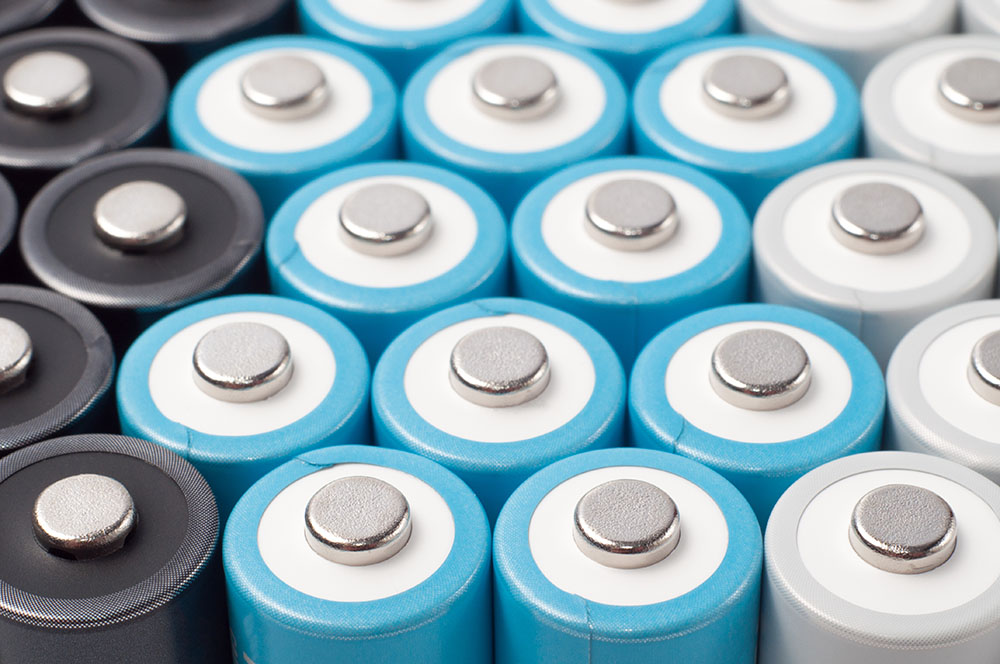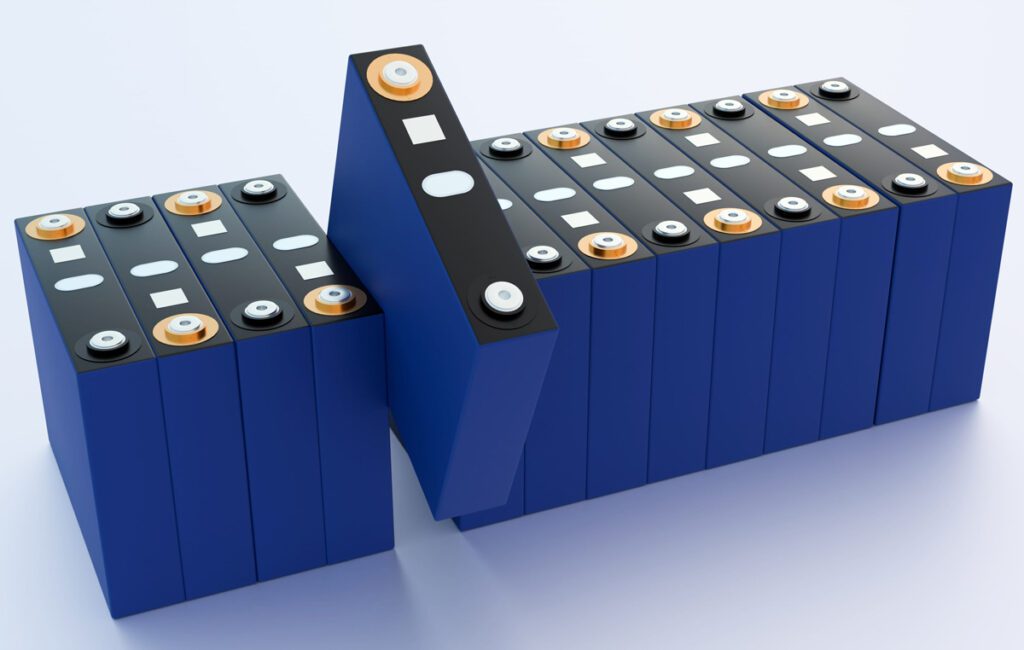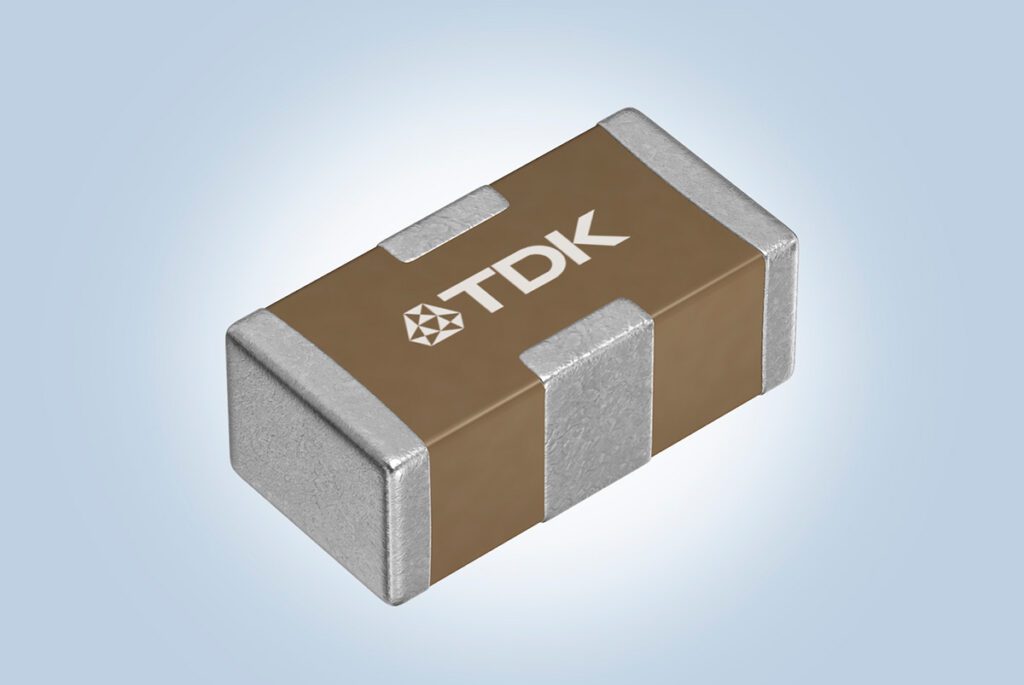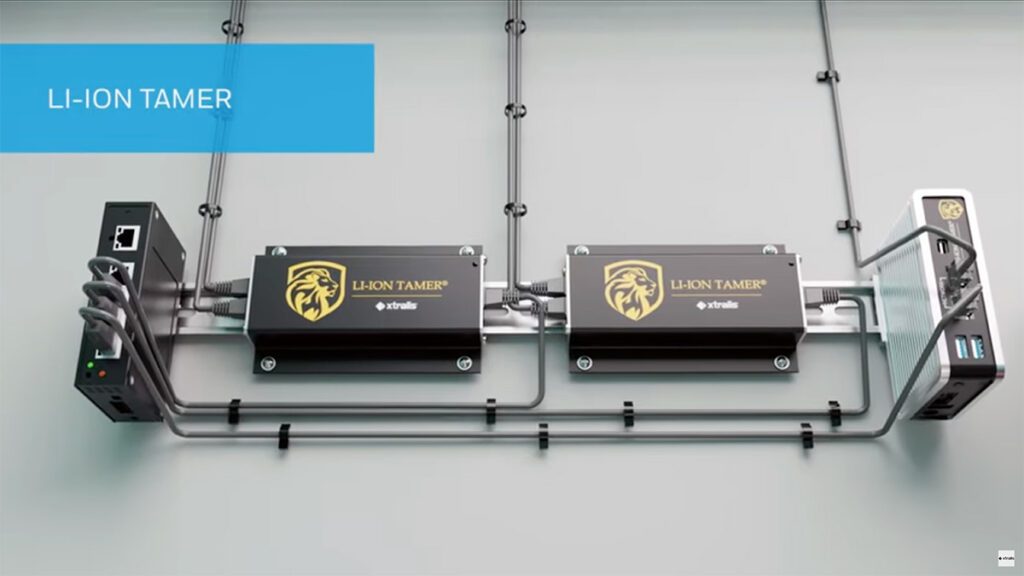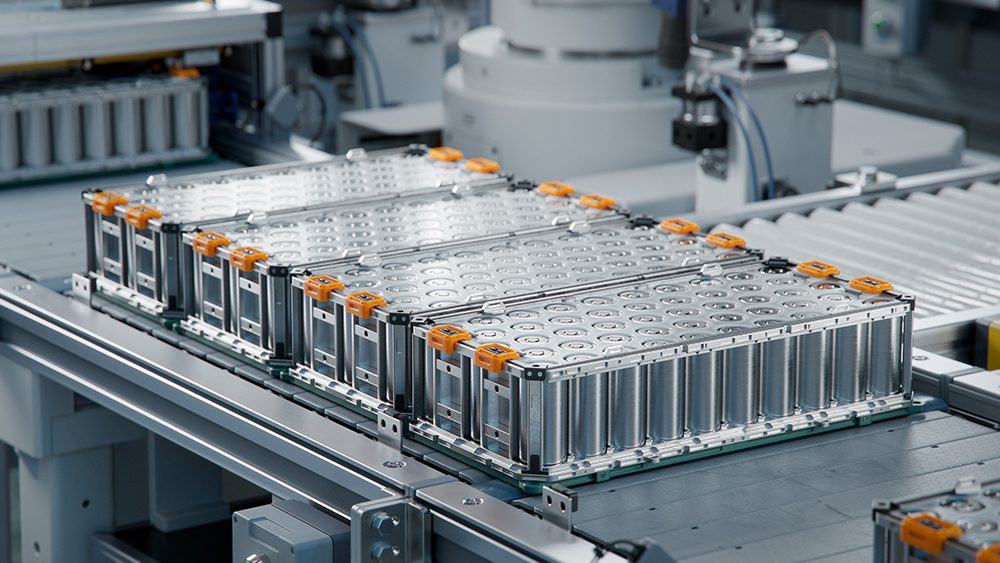Global lithium-ion battery production capacity could reach over 6,000 GWh (6 TWh) by the end of the decade, according to lithium industry authority Benchmark Mineral Intelligence.
Battery manufacturing facilities (now invariably referred to as “gigafactories”) are being built by automakers and battery suppliers around the world. Total lithium-ion capacity (existing or under construction) has doubled since the beginning of 2021, following announcements of new plants by Chinese and Korean battery producers.
Automakers are looking to secure local supply chains to lower costs and reduce geopolitical risks. While China still dominates global battery production, announcements of new North American and European battery cell plants are accelerating, says Benchmark. North America’s share of global battery capacity is poised to grow from the current 6% to 10% by 2026, while Europe’s capacity is on track to increase from 7% to 12%.
A few of the gigafactories in the works on the three automaking continents:
- LG Energy Solutions plans to invest $1.4 billion to build a 11 GWh cell plant in Arizona, and Mercedes-Benz, in partnership with Envision AESC, plans to set up a 30 GWh plant in Kentucky.
- China’s EVE Energy has announced plans to establish its first European battery plant, with an estimated capacity of 30 GWh, in Debrecen, Hungary.
- EV-maker BYD plans two new cell plants in the Chinese provinces of Zhejiang and Guangxi, with combined capacity of 67 GWh.
The forecast 6 TWh of annual battery capacity translates to around 109 million EVs—but that’s assuming that all the planned plants will make it to full production. Benchmark Chief Executive Simon Moores injects a dose of reality, predicting that only some 70% of the gigafactories in the current pipeline will come into production, with an average capacity utilization of 70%.
Another bottleneck looms: battery capacity is currently growing at twice the speed of lithium supply. That 6 TWh of batteries would require around 5 million tons of lithium, according to Benchmark, and last year’s production amounted to around 480,000 tons of lithium carbonate equivalent.
Tesla Senior VP for Powertrain and Energy Engineering Drew Baglino recently challenged the industry to raise its lithium game: “We need everybody to do more in the lithium space than they currently are.”
Source: Benchmark Minerals







